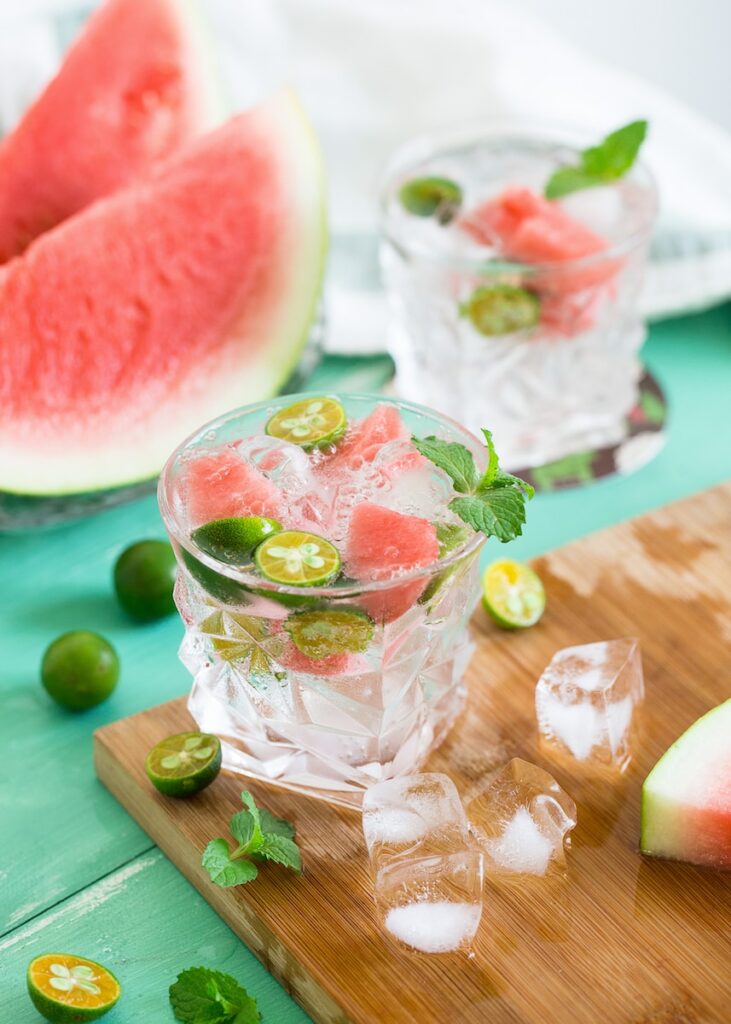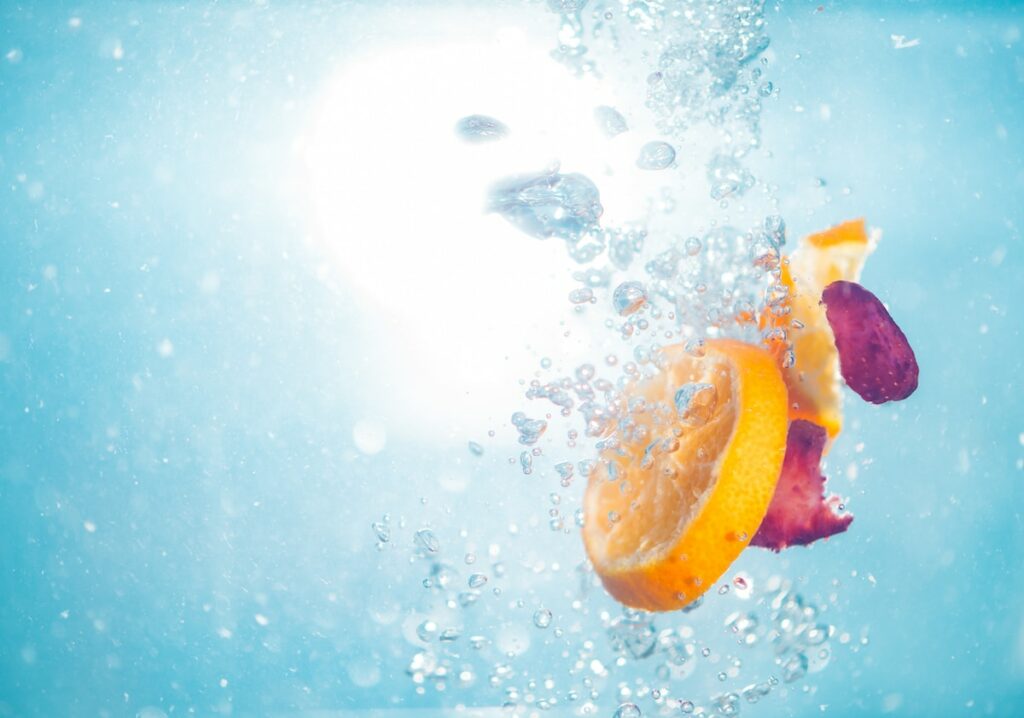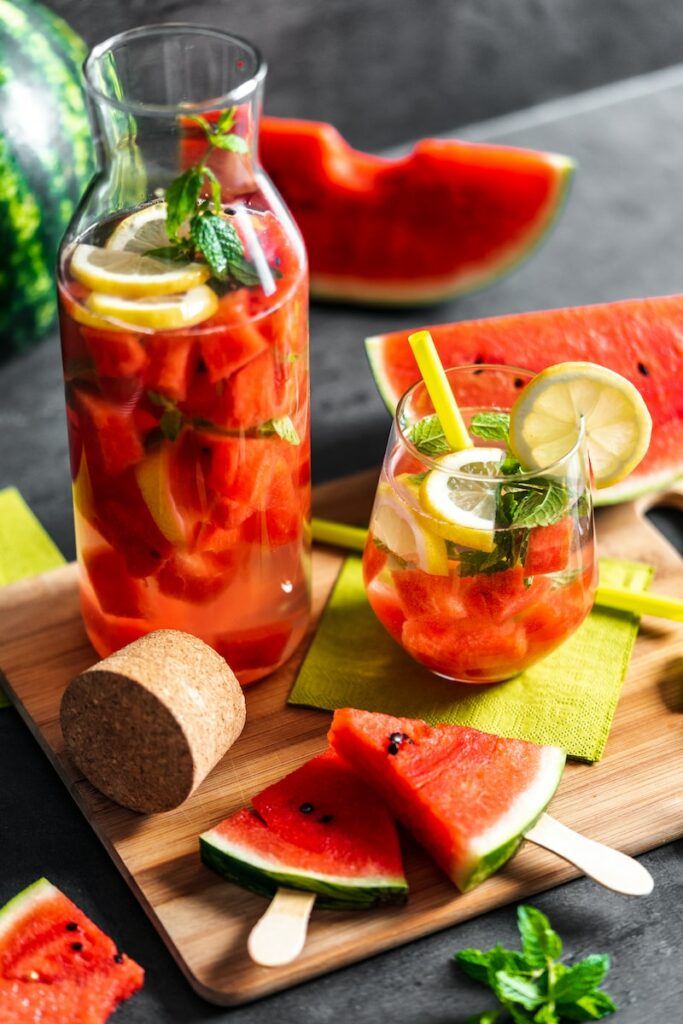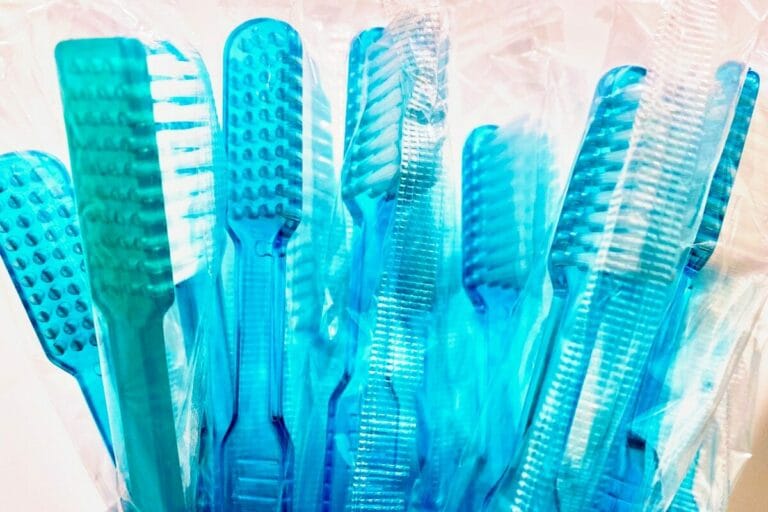How Much Water Do You Need to Drink to Avoid Dehydration?

Water, the elixir of life, flows through the veins of existence, sustaining all living beings. Beyond quenching our thirst, this transparent marvel holds a profound impact on our very survival. From the vast oceans to the tiniest cells within us, water orchestrates an intricate symphony, regulating body functions and preserving life as we know it.
Water wears many hats, each one more vital than the last and acts as a silent guardian, maintaining body temperature, lubricating joints, and ensuring the circulation of life-giving blood. The journey doesn’t end there; water goes the extra mile, flushing toxins from our vessels and ferrying essential nutrients to every nook and cranny.
Statistics show the scale of water’s significance in our existence. In an adult’s body, water makes up a remarkable 55% to 60% of its composition. The magnitude of its role becomes even more pronounced in the realm of children and babies, where the percentage soars even higher.
Lack of adequate water intake or excessive water loss can lead to a state of dehydration. This condition is not to be taken lightly, as its consequences can range from discomfort to danger, and in extreme cases, even be fatal.
We are inviting you to take a deeper with us into how much water should you you drink each day this summer and discover the profound impact it has on your most precious possession—the human brain. As we uncover the intricate relationship between hydration and cognitive function, you’ll be astonished by the far-reaching implications of something as simple as staying hydrated.
Join us on this brief the secrets of water and learn how its presence or absence can shape our mental acuity, mood, and overall well-being. Let the numbers speak for themselves as we dive into the riveting statistics that underscore the brain’s dependence on proper hydration.
So, take a sip, indulge your thirst for knowledge, and prepare to be mesmerized by the compelling tale of water’s impact on the human brain. In a world where every drop counts, let us delve into the depths of hydration to unlock our true cognitive potential and embark on a path to a more vibrant and nourished existence.

Dehydration and its impact on the brain
Dehydration is not a matter of feeling parched; it can significantly impact the delicate functioning of the brain. As our body loses water, the brain’s hydration levels can drop, leading to a range of cognitive impairments that extend far beyond simple thirst.
Even a seemingly modest decrease in brain hydration can have surprising consequences. Research suggests that a mere 2% drop in brain hydration can result in short-term memory lapses, difficulty with math computations, and reduced cognitive performance. This may seem like a minor deviation, but the impact on our mental sharpness can be noticeable and concerning.
In cases of prolonged dehydration, the effects on the brain become more pronounced. The brain’s cells begin to shrink in both size and mass due to the lack of adequate hydration. This phenomenon is commonly observed in many elderly individuals who have experienced chronic dehydration over the years. As a result, cognitive decline becomes a prevalent issue, with memory loss and diminished cognitive function becoming the new normal.
One of the most common symptoms of brain dehydration is the lack of mental clarity, often referred to as “brain fog.” Individuals experiencing brain fog may struggle with focus, attention, and problem-solving. Simple tasks that were once second nature suddenly become challenging, leaving individuals feeling mentally fatigued and frustrated.
The adverse effects of dehydration on the brain highlight the crucial relationship between proper hydration and cognitive function. The brain relies heavily on water to carry out its complex processes, including neurotransmitter production, waste removal, and overall communication between brain cells. Dehydration disrupts these intricate mechanisms, leading to impaired brain function.
Maintaining optimal hydration is not just a matter of quenching our thirst; it is a fundamental pillar of brain health. Staying mindful of our fluid intake, especially during hot weather or periods of physical exertion, is vital to ensuring that our brain remains well-hydrated and able to function at its best.
To combat dehydration’s detrimental effects on the brain, it’s essential to make hydration a priority in our daily lives. Drinking water at regular intervals, even when we don’t feel particularly thirsty, is crucial to maintaining brain hydration. Additionally, incorporating hydrating foods, such as fruits and vegetables, into our diets can contribute to our overall fluid intake.
Dehydration is not a benign condition that can be dismissed lightly. Its impact on the brain’s function can be far-reaching, leading to short-term memory loss, cognitive decline, and a sense of mental fog. By recognizing the significance of hydration for our brain’s well-being and making conscious efforts to stay hydrated, we can help preserve our cognitive abilities and enjoy better mental clarity throughout life.

How much water you need to drink during the summer
As the scorching sun bears down upon us, staying adequately hydrated becomes more critical than ever. Summer’s relentless heat and increased physical activity can lead to higher fluid losses, making it essential to know just how much water your body needs to beat the heat and stay refreshed.
According to health experts and nutritionists, the general guideline for daily water intake during summer is about 8 to 12 cups (approximately 2 to 3 liters) for adults. However, individual hydration needs can vary based on factors such as age, gender, weight, activity level, and climate.
For those engaged in moderate physical activity, an additional 1 to 2 cups of water per hour of exercise is recommended to compensate for fluid loss through sweat. Athletes and individuals engaging in intense workouts may need even more water to prevent dehydration and maintain peak performance.
The best way to gauge your hydration status is to pay attention to your body’s signals. Thirst is a natural indicator that your body needs water, but it’s essential not to wait until you feel thirsty to drink. By the time thirst kicks in, you may already be slightly dehydrated. Instead, aim to drink water at regular intervals throughout the day to keep your body optimally hydrated.
Keep in mind that other factors can increase your water requirements during summer. For instance, if you spend prolonged periods outdoors in hot and humid weather, you may need to up your water intake to stay ahead of dehydration. Additionally, certain medical conditions, such as kidney stones or urinary tract infections, may warrant higher fluid intake as well.
Apart from water, other hydrating options like herbal teas, infused water, and electrolyte-rich beverages can contribute to your daily fluid intake. However, be mindful of sugary drinks and excessive caffeine intake, as they can have a diuretic effect, leading to increased fluid loss.
Remember that your body’s water needs may not solely be met through beverages. Water-rich foods like fruits (e.g., watermelon, cucumber) and vegetables can also contribute to your hydration. Incorporate these foods into your diet to complement your water intake and promote better hydration.
Staying hydrated this summer is crucial for your well-being and overall health. Listen to your body, stay mindful of the signs of dehydration, and make it a habit to drink water regularly. Whether you’re lounging by the pool or engaging in outdoor activities, make sure you have a water bottle on hand to beat the heat and enjoy a refreshing and healthy summer.
Do you want to share your story and inspire our readers ? Know that every story is paving the way for a brighter, happier future.






